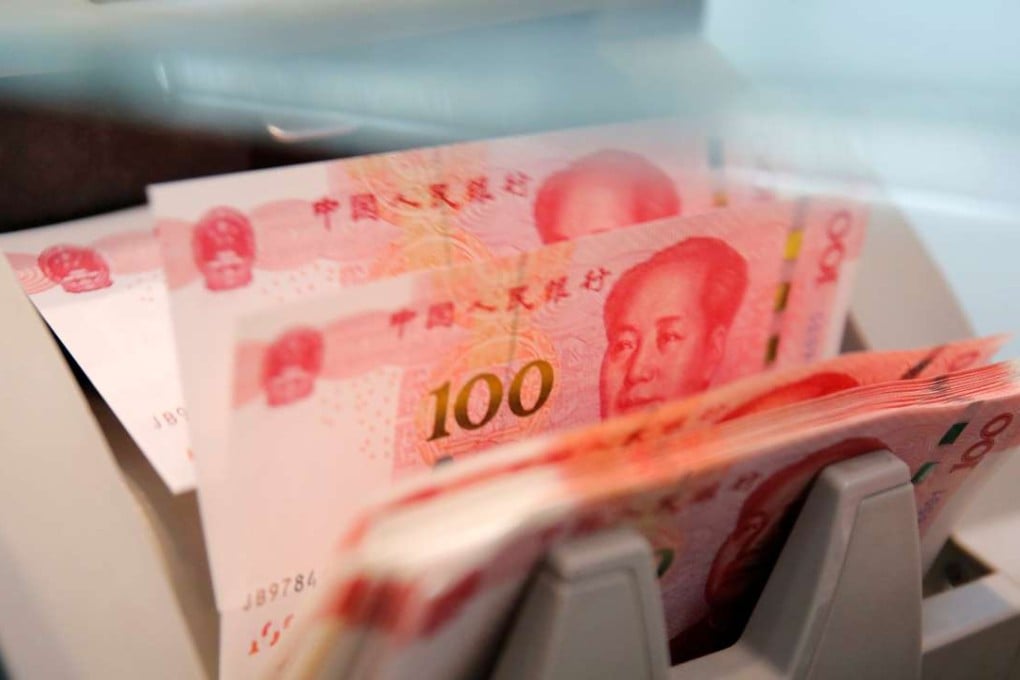China should let yuan fall, says the latest economist to join call for central bank to change tack
Zhu Ning, finance professor at prestigious Tsinghua University, says central bank’s use of foreign exchange reserves to prop up yuan is unsustainable

China should stop its heavy intervention in the yuan exchange rate and allow a one-off devaluation of the yuan, according to the finance professor at the prestigious Tsinghua University and author of China’s Guaranteed Bubble.
Zhu Ning has joined a small but growing group of economists in Beijing who believe the central bank should change its tactics with regard to the yuan.
In an interview with the South China Morning Post, Zhu, deputy director of the university’s National Institute of Financial Research, said the current approach adopted by the People’s Bank of China – namely using up foreign exchange reserves to prevent the yuan from falling sharply – was unsustainable.
“The yuan has lost more than 10 per cent [against the dollar] from its peak, but China’s foreign exchange reserves have lost almost 25 per cent,” Zhu said. “What can China do if the reserves keep shrinking ... if its reserves can’t meet current account payment requirements?”
Zhu said a more feasible approach was to let the yuan fall as much as the marketpermitted.